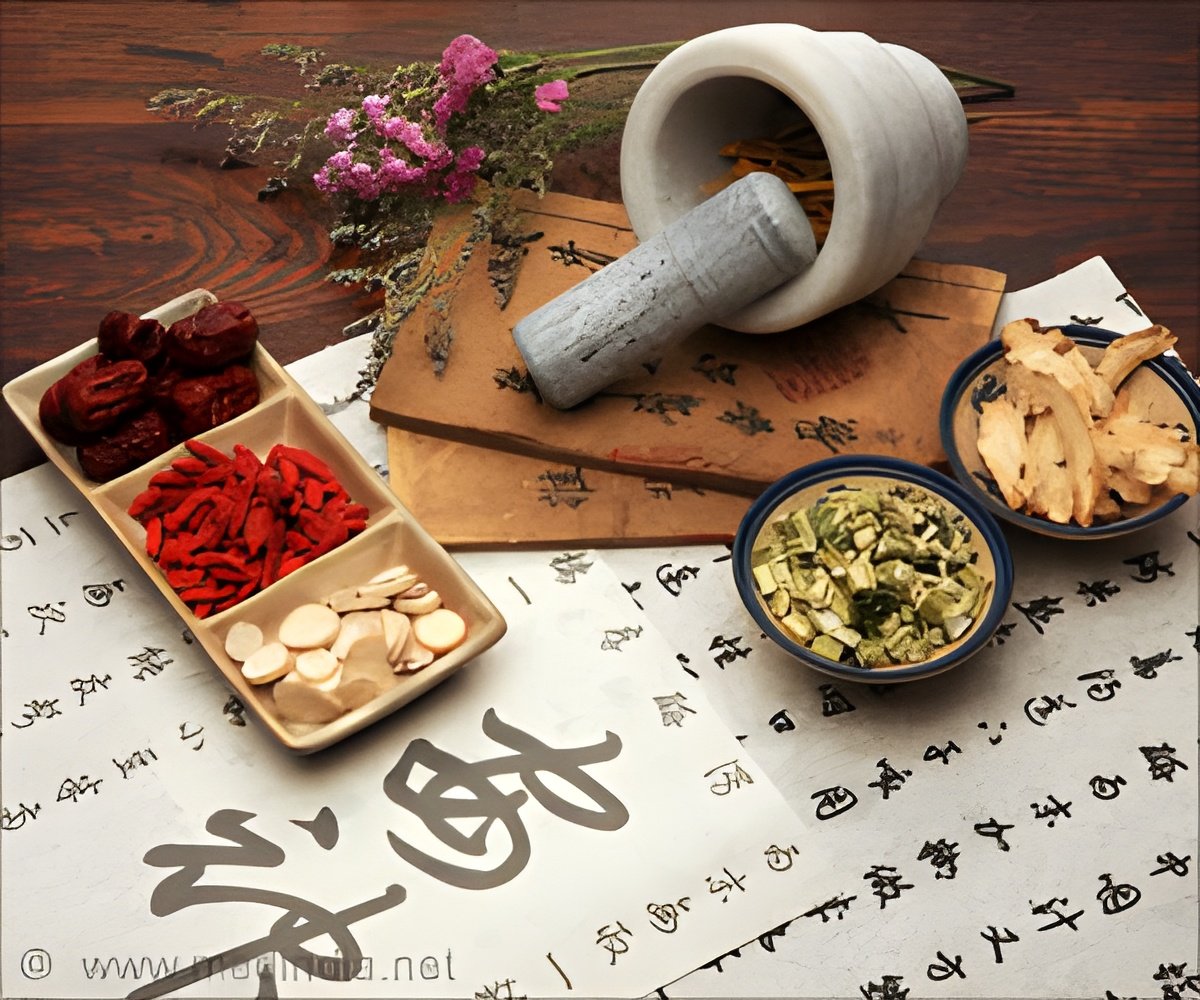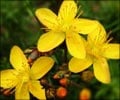
‘The current treatment for Bartonella infections with antibiotics such as doxycycline and rifampin does not seem effective in all conditions. However, extracts of Yellow-dye root, Eastern black walnut, and Japanese knotweed have higher efficiency against Bartonella henselae than these antibiotics.’
Tweet it Now
“With increasing rates of tick-borne diseases and a consistent concern about the overuse of antibiotics, this early research of herbals is extremely exciting,” says Linda Giampa, executive director, Bay Area Lyme Foundation. For the current study, the team tested the efficacy of a panel of botanical medicines and antibiotics, including azithromycin, daptomycin, doxycycline, gentamicin, methylene blue, miconazole, and rifampicin against the growing phase culture of the bacterium. Based on the analyses, they found that
• Extracts of Yellow-dye root, Eastern black walnut, Japanese knotweed, Chinese skullcap, and Barbed skullcap had high activity against B. henselae
• Extracts of Yellow-dye root, Eastern black walnut, and Japanese knotweed were able to eradicate all the bacterial cells within seven days
• Daptomycin and methylene blue reduced the viability of the bacteria to below 40%, whereas gentamicin, rifampin, and miconazole reduced it to below 50%
Advertisement
While these botanical compounds still need to undergo tests in animal models and clinical trials, this study is the first to demonstrate that Eastern black walnut, Yellow-dye root, and Japanese knotweed have high activity against Bartonella henselae .
Advertisement
Source-Medindia













